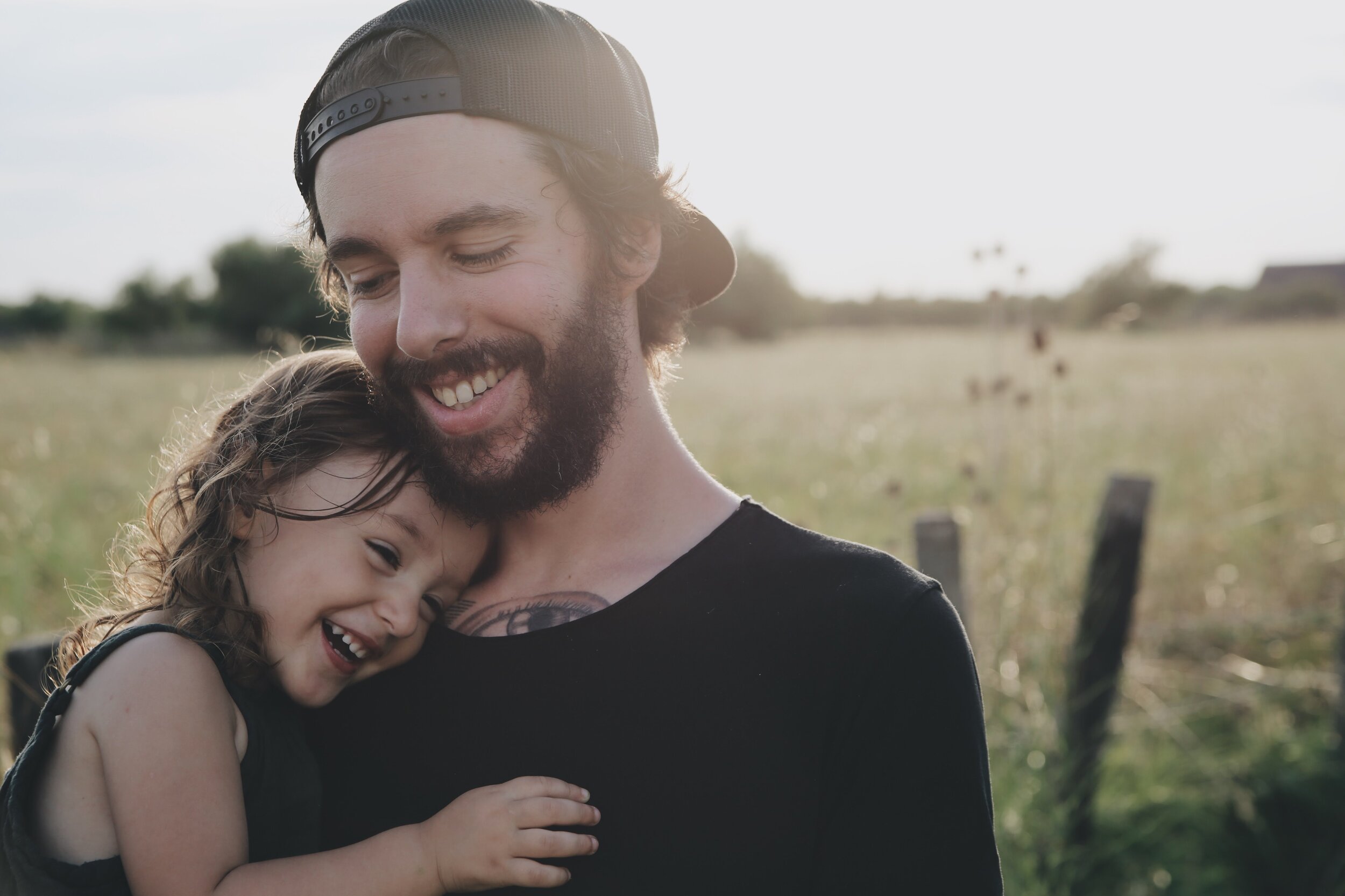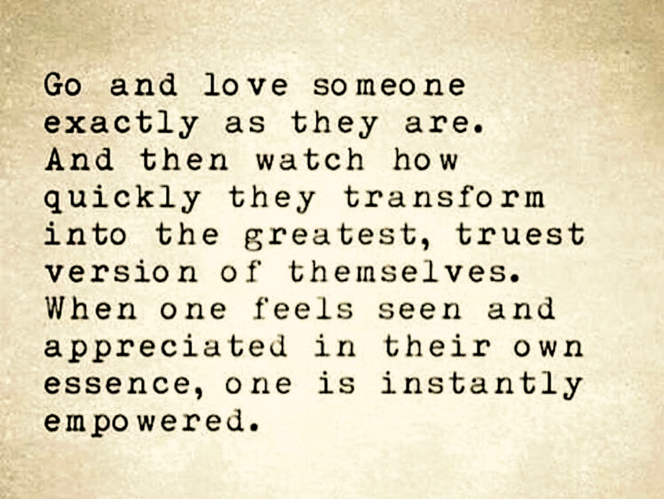
What is unconditional love? It’s the idea that the relationship between the child and the primary attachment figure (be that mom, dad, or another caregiver) is always available. Love is present, no matter what – the relationship will not be removed or threatened at any time. A few key points that I lay out to parents:
-
Separate your love and relationship from your child’s behavior
-
Acknowledge that it’s developmentally appropriate to act-out at times
-
Know that behavior of a child is unpredictable and frustrating at times
-
Respond to the behavior and provide natural consequences versus removing the relationship
The overarching message is this: “I love you and I’m confused why you would act that way. There’s a consequence for your behavior, but I’m never going anywhere.” You can still have consequences and expectations for your child without creating a love withdrawal.
Try This: Talk with your child about unconditional love – ask him/her if they think there’s anything they can do that you would stop loving them. Kids are great at this activity and will really try to push buttons! Your job – remain consistent and remind them, “No matter what you do, I will love you!”



